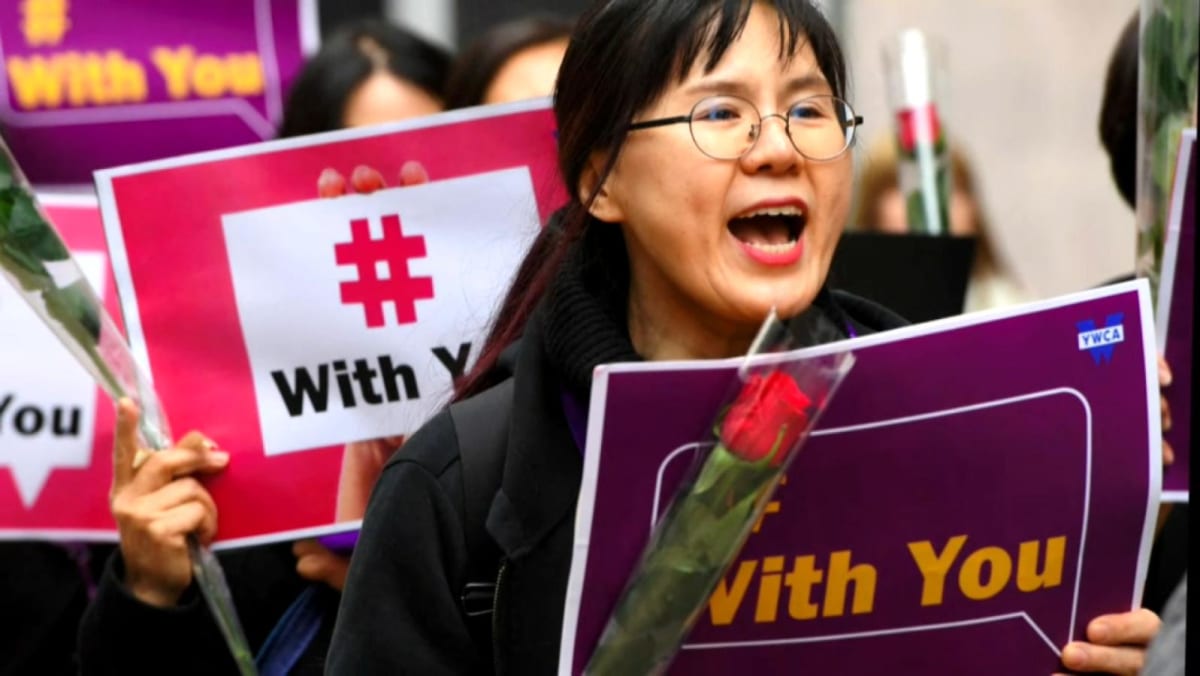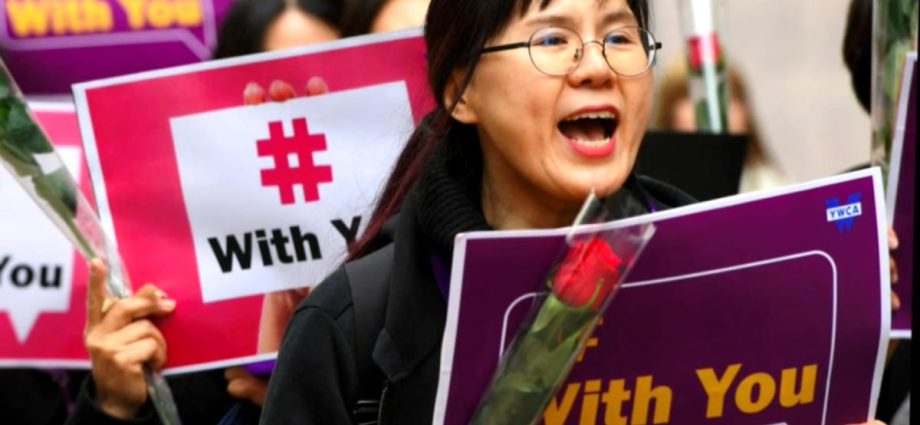
The government has created gender quotas in certain industries to try to unravel this system of gendered citizenship.
For instance, some government jobs have minimum gender quotas for new hires, and the government encourages the private sector to implement similar policies. In historically male-dominant industries, such as construction, there are quotas for female hires, while in historically female-dominant industries, such as education, there are male quotas.
In some ways, this has only made things worse. Each gender feels as if the other is receiving special treatment due to these affirmative action policies. Resentment festers.
“THE GENERATION THAT HAS GIVEN UP”
Today, the sense of competition between young men and women is exacerbated by the soaring cost of living and rampant unemployment.
Called the N-Po Generation, which roughly translates as “the generation that has given up”, many young South Koreans don’t think they can achieve certain milestones that previous generations took for granted: Marriage, having kids, finding a job, owning a home and even friendships.
Although all genders find themselves discouraged, the act of “giving up” has caused more problems for women. Men see women who forgo marriage and having kids as selfish. And when they then try to compete against men for jobs, some men become incensed.
Many of the men who have become radicalised commit digital sex crimes to take revenge on women who, in their view, have abandoned their duties.

